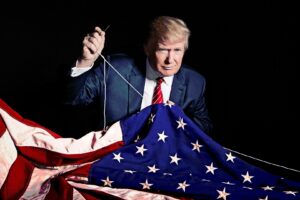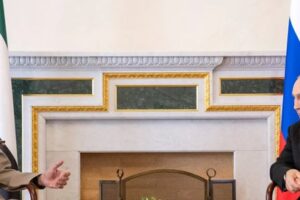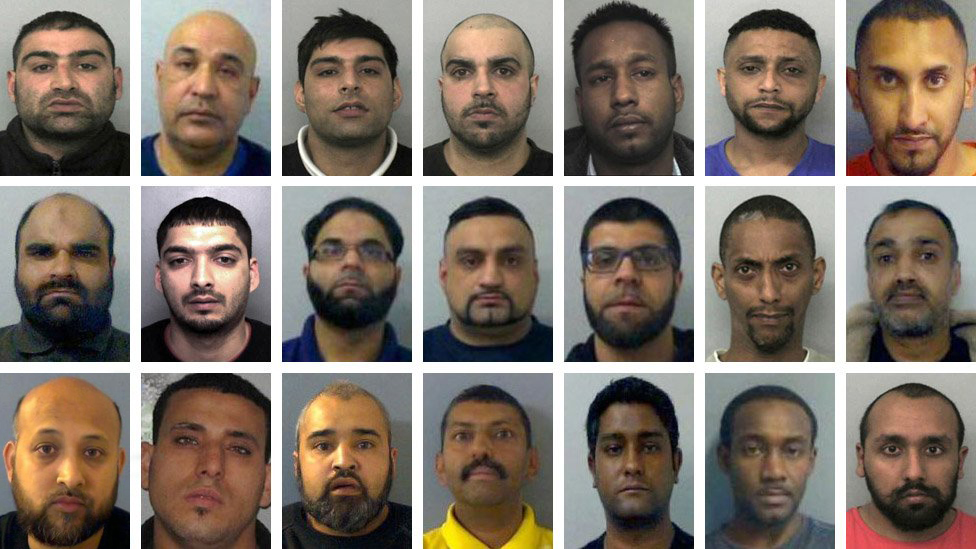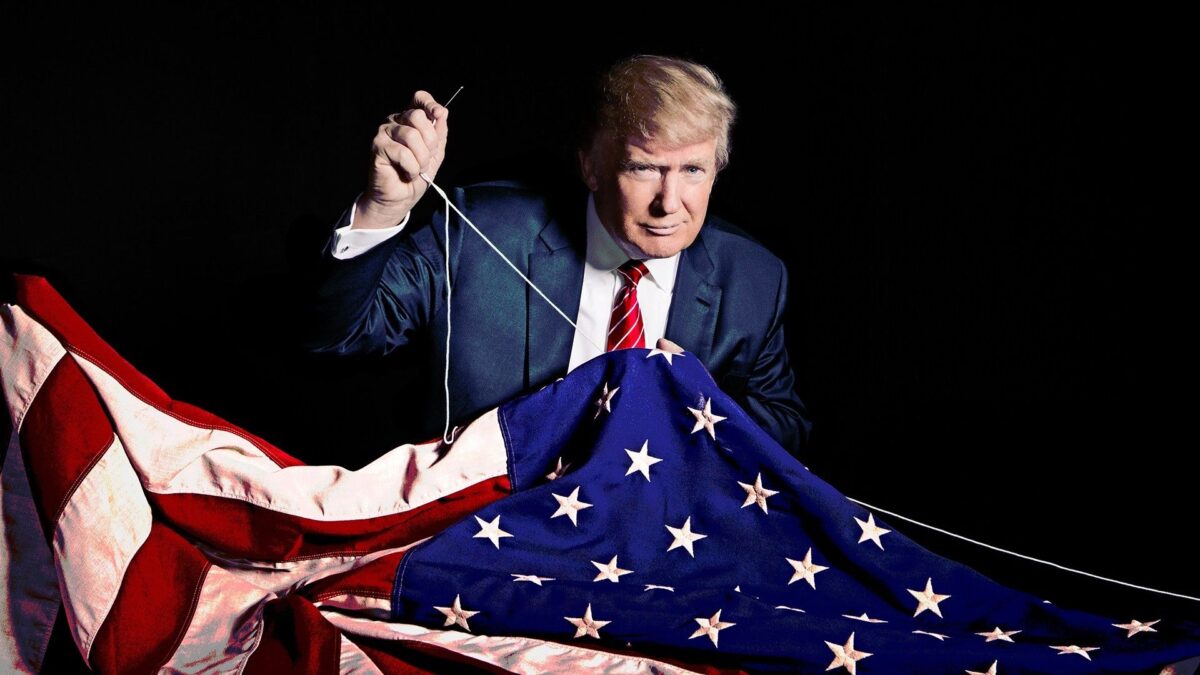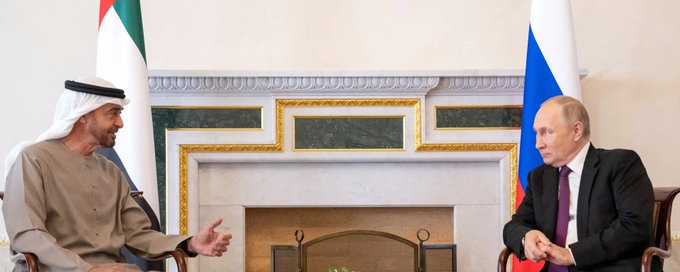Yesterday afternoon, the sickly whiff of clichéd promises emanating from the chamber of Stormont like the gravy trail we used to see on the old Bisto adverts meant one thing: The Northern Ireland Assembly was back in business. Yes, Europe’s most pointless and dysfunctional seat of government had reconvened, and with a party dedicated to the atrophy and eventual destruction of the polity over which it helps to rule ensconced as its pre-eminent grouping. It is worth mentioning here that no other democratic country would permit a secessionist party such untrammelled levels of political power in a part of its sovereign territory. That we in the United Kingdom do so is a sad indictment of our self-defeating constitutional exceptionalism. Pandering to Irish republican – and more recently Scottish secessionist – sentiment has left our country uniquely fragile, not only compared to the rest of Europe but compared to democratic advanced societies way beyond.
However, I digress. Yesterday’s platitudinal pantomime was only possible because the leader of the Democratic Unionist Party, Jeffrey Donaldson, had performed a U-turn worthy of Lewis Hamilton’s talents on a Grand Prix circuit. Having steadfastly refused to enter a power sharing whilst the Northern Ireland Protocol and its surrogate the Windsor Framework were in operation, Donaldson marched his merry men back along the Prince of Wales Avenue and into Stormont with all the praise one would expect from the British and Irish media. For Donaldson had claimed a new dawn based on an understanding with the UK government that trade between Northern Ireland and the rest of the UK would be made easier. Indeed at first glance the Safeguarding the Union document contains all the language someone like myself, as an ardent and unapologetic Unionist, would welcome. There are pledges to protest the UK Internal Market, new bodies to promote trade between the province and Great Britain, and a host of political and cultural trimmings (school exchanges, etc.) to sweeten the pill. That said, the fundamentals of both the Protocol and Winsor Framework remain untouched. Northern Ireland will still have European law reigning supreme in many areas concerning the manufacture of goods; the EU Customs Code applies; and alignment with the EU will become the norm in large parts of the product economy.
It wasn’t supposed to be like this. Ignoring the mind games many in politics, academic and the media have played with the British public, the Brexit referendum was ultimately about extricating the WHOLE United Kingdom from the European Union and all of its institutional bodies. It mattered not whether certain parts of the Kingdom had voted for the country to remain. Every other national election and referendum hitherto had been considered as a UK-vote only. Suddenly, when a vote doesn’t go the way the Establishment wants, we get a panoply of caveats: ‘Northern Ireland voted to Remain; London voted to Remain’, etc. It suggested a lack of resolve or conviction among politicians many in the media, the EU itself, and academic cheerleaders for the European project were keen to capitalise on.
With the arrival of Theresa May, we had the most superficially pleasant but covertly cunning political operators to occupy Number 10 since Tony Blair. May had barely begun to wrestle with the challenge of Brexit before the suggestion of a ‘backstop’ for Northern Ireland – effectively tying the province to the EU – came to the fore. Those in the pro-EU media were full of praise for a scheme they argued would ‘protect the peace process’ and ‘eliminate any friction between Northern Ireland and Great Britain’. They conveniently omitted to mention that trade friction would only fail to materialise because May was focused on a ‘Brexit’ that would keep the entire UK aligned to EU rules, invoking ease of trade as the justification. So much for ‘Brexit means Brexit, and we are going to make a success of it’.
Once the principle of treating Northern Ireland as a part of EU territory had become embedded in the government’s Brexit discourse the EU, the Irish government (who were fully aware any potential scheme that treated NI differently from GB would be completely toxic to all within Unionism) and many committed Remainers in London knew they were in a battle of wills with large parts of the British electorate who had opted to quit the EU. By keeping Ulster as, in part, EU territory and ensuring seamless trade between it and the British mainland, the barely-noticed consequence would be the whole UK tied to a range of EU laws. This new ‘breakthrough’ is nothing more than May’s backstop dressed up in some sugar-coated Unionist terminology in the hope the millions of people tired of Brexit conflict, and weary of the interminable wrangles of Northern Ireland, might not be politically engaged enough to see the con-trickery.
Any prospect of a meaningful Brexit evaporated with the removal of Boris Johnson and then Liz Truss. The former, a one-time journalist and a man noted for his chronic inattention to the legal fine print of political deals, believed the provisions of the Northern Ireland Protocol would be superseded by the conclusion of a comprehensive free trade deal with the EU by the end of 2020. Once the realisation set in that complete UK extrication from the EU was not on the menu, his subsequent desire to introduce the United Kingdom Internal Market Bill in the autumn of that year was met with ferocious opposition from a political class that knew keeping Northern Ireland anchored to Brussels was instrumental in their longer-term objective of prescribing the same Brexit-treacherous medicine for England, Scotland and Wales also.
All of the above brings us to the present. Experienced Northern Irish journalist Newton Emerson let the cat out of the bag last week in an article in The Times in which he wrote: ‘Rishi Sunak’s ‘unilateral alignment’ plan could get the Unionists back in Stormont and transform Northern Ireland from a millstone to an anchor’ (https://www.thetimes.co.uk/article/stubborn-dup-must-do-u-turn-brexit-sea-border-comment-h3fxhpp7j). An anchor to what, exactly? An anchor for the entire UK, that’s what! He doubles down on that argument in a similar piece in the Irish News: ‘Welcome to the real ‘joint authority’, where the EU graciously permits more trade within the UK’ (https://www.irishnews.com/opinion/welcome-to-the-real-joint-authority-where-the-eu-graciously-permits-more-trade-within-the-uk-newton-emerson-ZFDBEFZJA5DBNDIZABSBVWKNAI/). Joint authority over a part of the UK is a hell of a long way from ‘Brexit means Brexit’, ladies and gentlemen.
Views: 1





